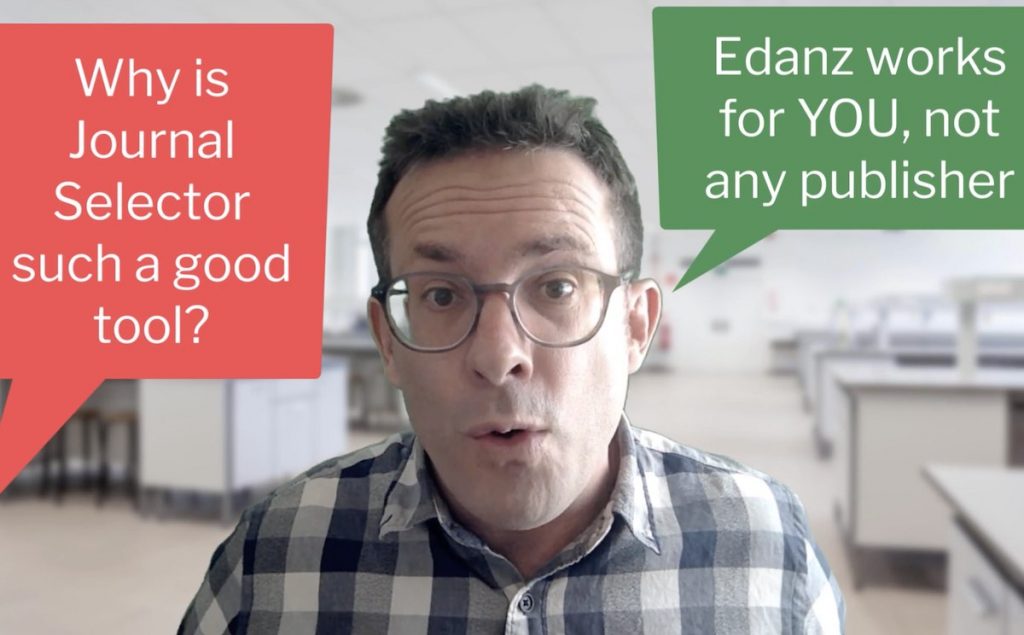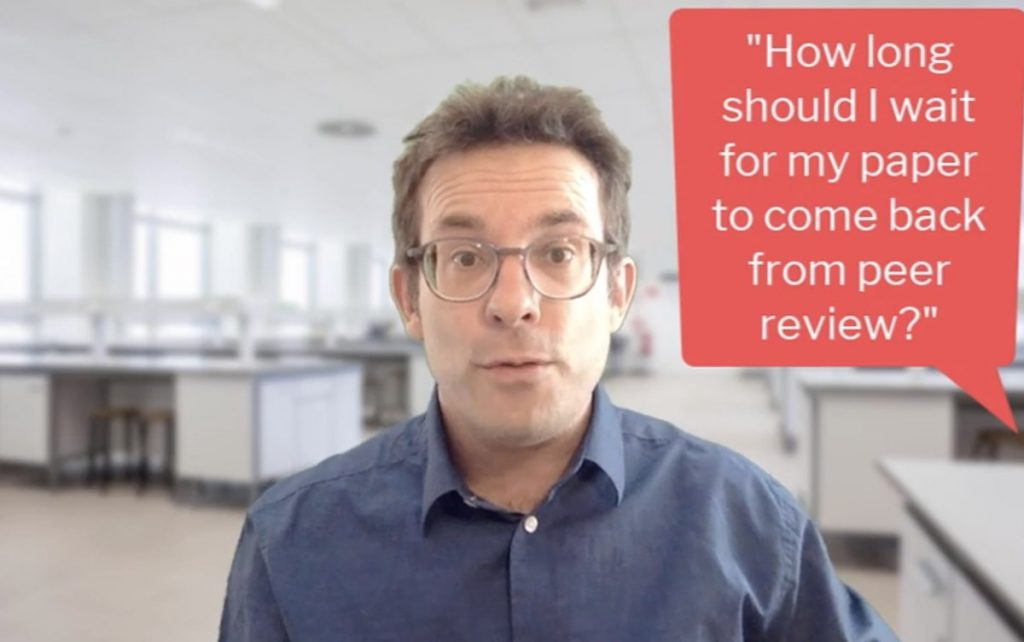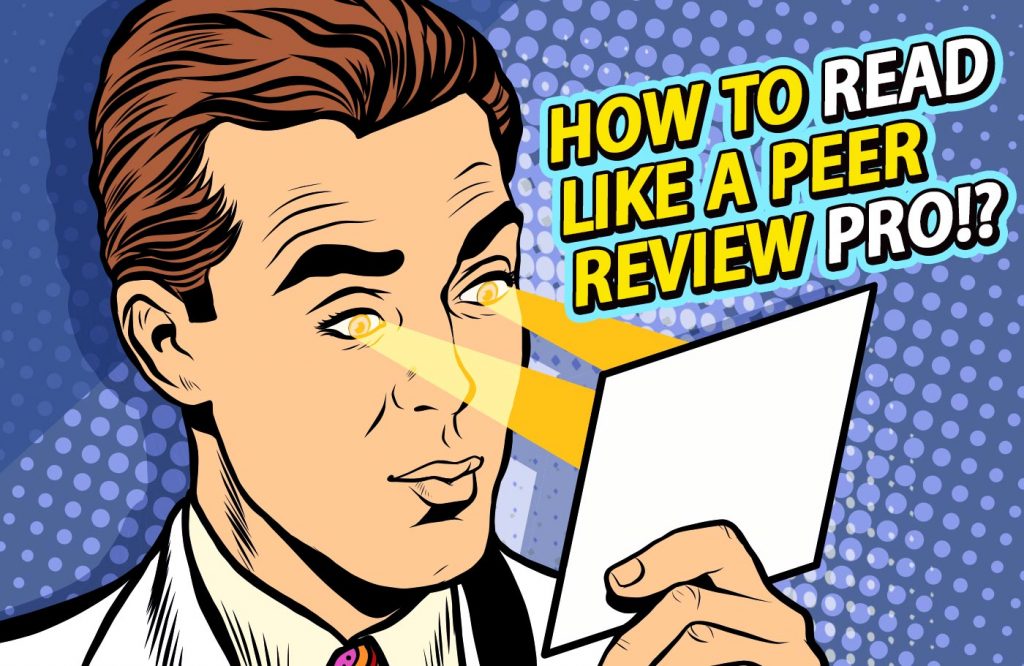
Using Tables to Present Your Research Results
Neat, orderly, and well-selected tables let you show large amounts of data to communicate your research. Here you’ll learn how to make great tables.

Neat, orderly, and well-selected tables let you show large amounts of data to communicate your research. Here you’ll learn how to make great tables.

Figures in scientific papers catch the reader’s eye. They should clearly and easily show data visually. That includes how you lay them out, scale them, and annotate them. Here’s how to make them more effective.

Collected (or have access to) lots of data? Unsure what sorts of research questions you can write up and publish? How can we turn data into articles? Read on!

Identify your keywords, make your writing more readable, and use other digital marketing techniques to help your research get found, get cited, and have greater impact.

Even native English speakers make lots of English mistakes. For ESL/EFL speakers, it’s even harder to get it right. But in science you MUST use precise, correct English. Do you know your 3 magical Cs? Find out here.

Bet you didn’t think Leonardo DiCaprio could teach us a lesson about scientific communication. He does, and quite a bit more in this popular movie.

R is a free software environment that’s been around since the mid-1990s. But it remains a statistical powerhouse. Many researchers and students alike prefer it to popular commercial packages. If you like control, you also might convert to R.

Peer review is quality control for science, but it has its limits. Verifying data, declaring COIs, and being honest are among them. Here’s what you can expect from your peer reviewers and what you cannot reasonably expect.

Writing about your study’s limitations and failures won’t decrease your impact. It’ll actually increase your impact and validate your work. Here’s how to write them the right way.

How much do you love writing your references list? Probably about as much as you love a trip to the dentist. But there are actually ways to make citing references a breeze. Read this article to learn how.

You know what you want to write about, but where to start? Creating an outline can give you structure and get you motivated to write. Here’s what to do.

Great studies start with great questions. They’re relevant, interesting, and have broad appeal. Here’s how to formulate a superb research question.

Where do good research ideas come from? It’s a combination of curiosity and openness. Being ready for accidental and intentional thoughts. Here’s how to make them bubble up every day.

The IMRaD structure gives you a guideline to follow as you draft your manuscript. Starting with the Introduction, you’ll follow this conventional process. This is among our vital tips for scientific writing.

Research presentation posters haven’t changed much over the years. This is your chance. Disrupt things a bit, while communicating your science. It’ll change your career. Here’s what to do.

Your cover letter is your chance to explain and “sell” your research. It ups your publication chances. Yet many researchers overlook the cover letter. Here’s a comprehensive guide.

So you’ve written an amazing abstract that will make people want to read your paper? Great! But FIRST your paper must be FOUND by the reader. This means you need the right TITLE and KEYWORDS.

Competition isn’t often discussed in academia, but it sure matters. Citations, funding, prestige – they’re all related to competition. You can “beat” your competition with better writing. Here’s what to do.

Choose the right journal for your work and you’ll gain exposure and prestige. Here’s a comprehensive roadmap for choosing the best journal. And a secret (and free tool) that may change your life.

Are you considering creating and publishing a REVIEW PAPER? This article summarizes the different kinds of review papers written by researchers globally and provides some advice, tips, and tricks!

Peer review takes time, but how long? Find what to do (and NOT to do) when waiting to hear back from the journal about your submission.

To increase your research publication rate, know why you’re doing it, then apply these techniques for short- and long-term gains. You might not know about a couple of these. They really work!

If you submit the same, or a similar, manuscript to more than one journal, that’s unethical and even illegal. Read about multiple submission, how and why you must not do it, and what to do instead.

STOP using these USELESS or unprofessional WORDS and PHRASES in your research writing! (FREE PDFs)

Salami publishing means dividing your research findings into thin “slices” (like cutting a salami), and publishing each one separately to try to increase your total publication count. Here’s why you must never do it.

A color-coded guide on how to quickly scan a piece of research literature and decide whether to read it more deeply/critically Five overall approaches

If you reply effectively to peer review, you’ll likely be published. Here’s how to write a response/rebuttal letter that seals the deals for your research being published.

Do you have your own ORCiD researcher identification number? It’s free and we recommend it. Increasing numbers of researchers around the world have signed up for an ORCiD so they and their work can be identified.

Here are the two most likely explanations: (1) Someone else working on the same question was simply faster than you. (2) Someone gained access to your work before submission, or while your paper was under review.

Thinking about moving from a PhD to a postdoc? Don’t panic! Feeling confused or overwhelmed about your life after a PhD? Don’t